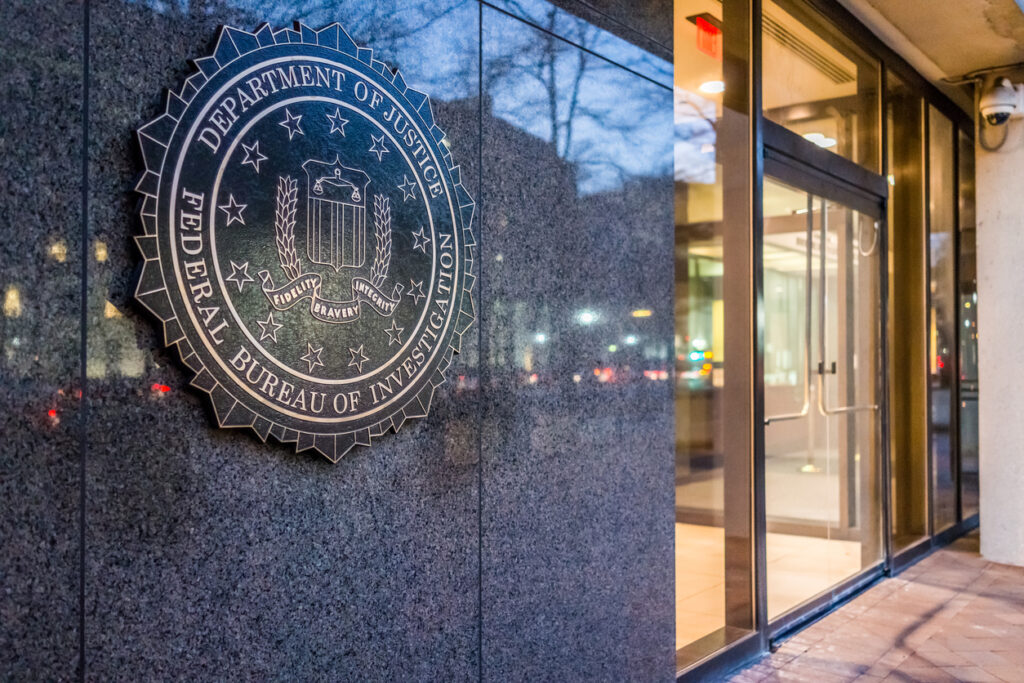 (AGENPARL) - Roma, 9 Giugno 2023
(AGENPARL) - Roma, 9 Giugno 2023(AGENPARL) – STANFORD (CA) ven 09 giugno 2023

On Thursday, June 8, the Justice Department announced that former president Donald Trump was being charged in the classified documents investigation on seven counts including conspiracy to obstruct, willful retention of documents, and making false statements. This marks the first time that a former president has faced federal criminal charges. Here, criminal law expert Professor David Sklansky discusses the charges and what might come next in this case.
Can you explain the charges?
The indictment hasn’t been released, but news reports suggest that the charges include wrongful retention of documents in violation of the Espionage Act, conspiracy to obstruct justice, and making false statements. These all have to do with Trump’s alleged retention of classified documents after he left the White House, his failure to return them when instructed to do, his false assurances that all sensitive documents had been returned, and his efforts to obstruct the government’s efforts to track the documents down.
How serious are they? Do they carry stiff penalties?
They’re serious charges that could result in serious penalties. Violations of the Espionage Act, for example, can be punished by up to ten years in prison.

How solid is the DOJ’s case?
We won’t know that until we see the evidence presented in court. But compared with the charges brought against Trump by Manhattan District Attorney Alvin Bragg, and compared with the charges he may later face related to election fraud in Georgia and in connection with the January 6 protests, the legal theory in the documents case is very straightforward. If Trump knew he had sensitive documents relating to national security and didn’t return them, he’s guilty under the Espionage Act. If he intentionally misled the government about the documents, he’s guilty of false statements. If he formed a plan with anyone else to stonewall the government’s efforts to track down the documents, he’s guilty of obstruction.
Do you see a plausible defense for the former president?
It depends on what he personally knew. Contrary to what Trump has repeatedly suggested, though, it doesn’t depend on whether the documents were “classified.” Trump has repeatedly suggested that he declassified the documents before taking them from the White House. It’s very far from clear that that is true, but even if it is, it’s not a defense to any of the charges.
There have been charges that these charges are politically motivated. Do you see any evidence of that?
It will be interesting to see what defenses, if any, Trump and his lawyers raise in court, because nothing he has said publicly so far about the case will work as a legal defense. That includes his complaints that the case is politically motivated. If he could prove that other people who committed similar offenses were given a pass by the Department of Justice, he could argue for dismissal of these charges on grounds of selective prosecution. But there doesn’t seem to be any evidence to support that claim.
What will happen next?
Trump will surrender to federal law enforcement officials in Miami next Tuesday and will appear in court that same day to enter a plea. He’ll then be released, probably without bail. It’s not clear how soon the trial will be scheduled.
Fonte/Source: https://law.stanford.edu/2023/06/09/stanfords-david-sklansky-on-trump-classified-documents-indictment/

